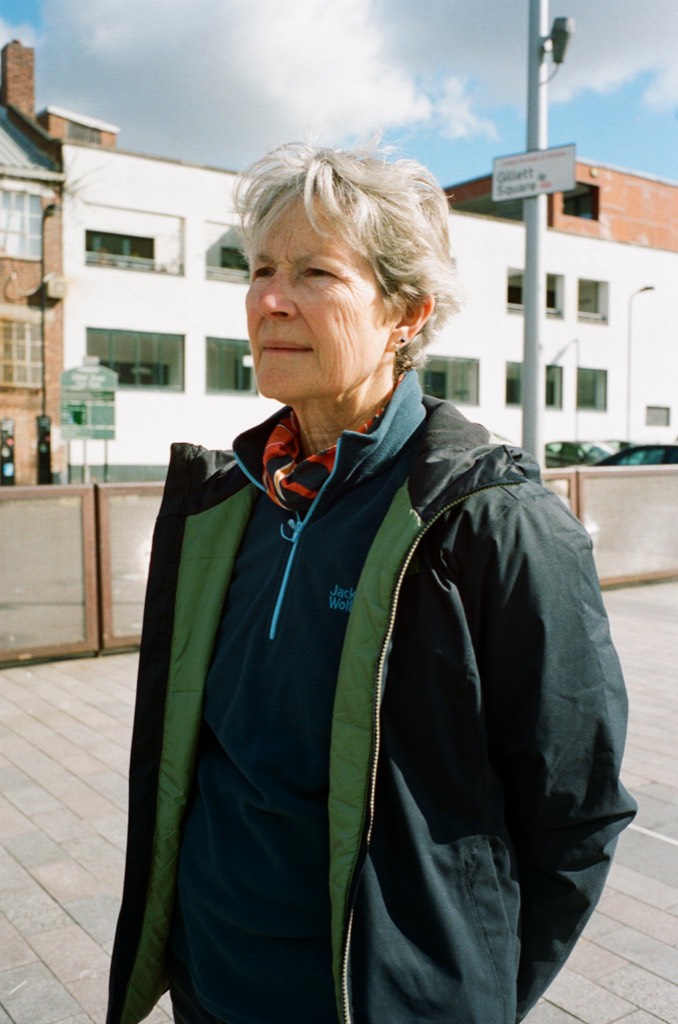Judith Skinner
It was, you know, a decade later, more than a decade later when I started working at Centerprise, then I’d worked at Sisterwrite. The publishing scene was very different, although in some ways for black writers then, in the ’90s, I would say it compared slightly to the situation for lesbian and feminist writers in the ’80s, in that, you know, there wasn’t that much, it was a market that wasn’t quite adequately catered for in this country. Sisterwrite was a, a feminist focused place, and lesbian quite a lot. Centerprise was much more a black, black focus. There were lots and lots and lots of black people coming in, partly because of where it was, partly, you know, the café was run by women from the Caribbean, it was Caribbean food on offer. You know, and it was really important for us that we, that we catered for- You know, I was a white woman, Joe was a white man. But we had to make sure that we kind of, catered for and understood that market, knew what they, you know, talk to people, knew what they wanted. I mean I’m not saying that Centerprise at all just had books that were of interest to local black people, not at all. But, we had a big black fiction section. And that, you know, again it’s arguable, you know, do you have a section that’s labelled black, or do you have, you know, do you say black writers are writers, and everyone needs to see those books and let’s have them everywhere? We chose to have a section that was black fiction. Because, you know, there were people who were looking for black fiction, and that was where they looked. And, you know, I still don’t know really what the right answer to that is. Because otherwise, how do people find those books?
Judith Skinner became bookshop manager at Centerprise in 1993, joining workers Joe Rivers and Zahid Dar. She was already an experienced bookseller, having previously worked for five years in the feminist co-operative bookshop Sisterwrite and then in a Penguin bookshop in Camden.
Judith describes both positive and negative aspects of working in Centerprise, from a financial crisis that meant staff went for months without pay to the informal support she appreciated receiving from other staff. She increased the shop’s profits by extending the opening hours and changing the way things were displayed. Sales in the shop had been affected by the opening of a bookshop in Stoke Newington some years previously, but it still had a ‘very loyal clientele’, drawn in by their especially good selection of black and ethnic minority, lesbian and gay and children’s books.
She concludes that Centerprise was a friendly and a tolerant place and that its closure created a big gap in the local area: ‘the people that you see now, kind of sitting outside the cafés, who probably won’t be welcomed inside, they would have been inside Centerprise then.’
Interviewed by Wallis Eates




